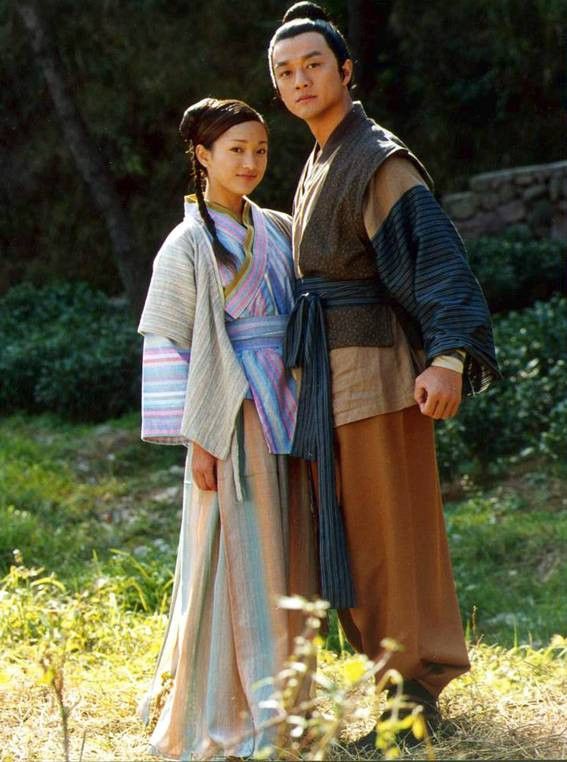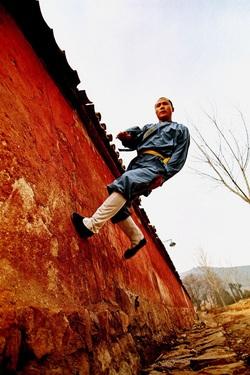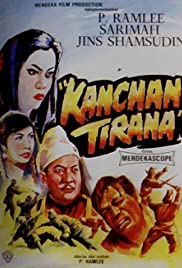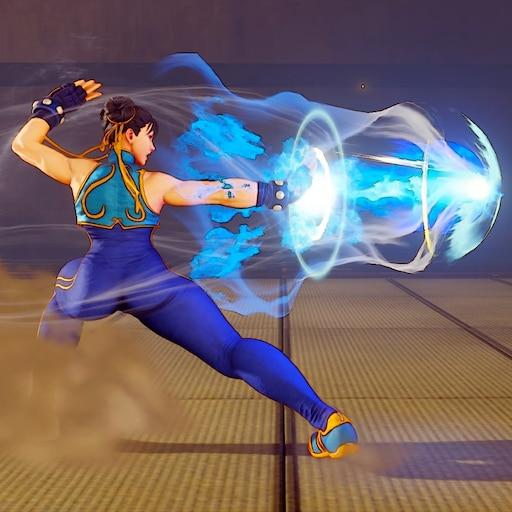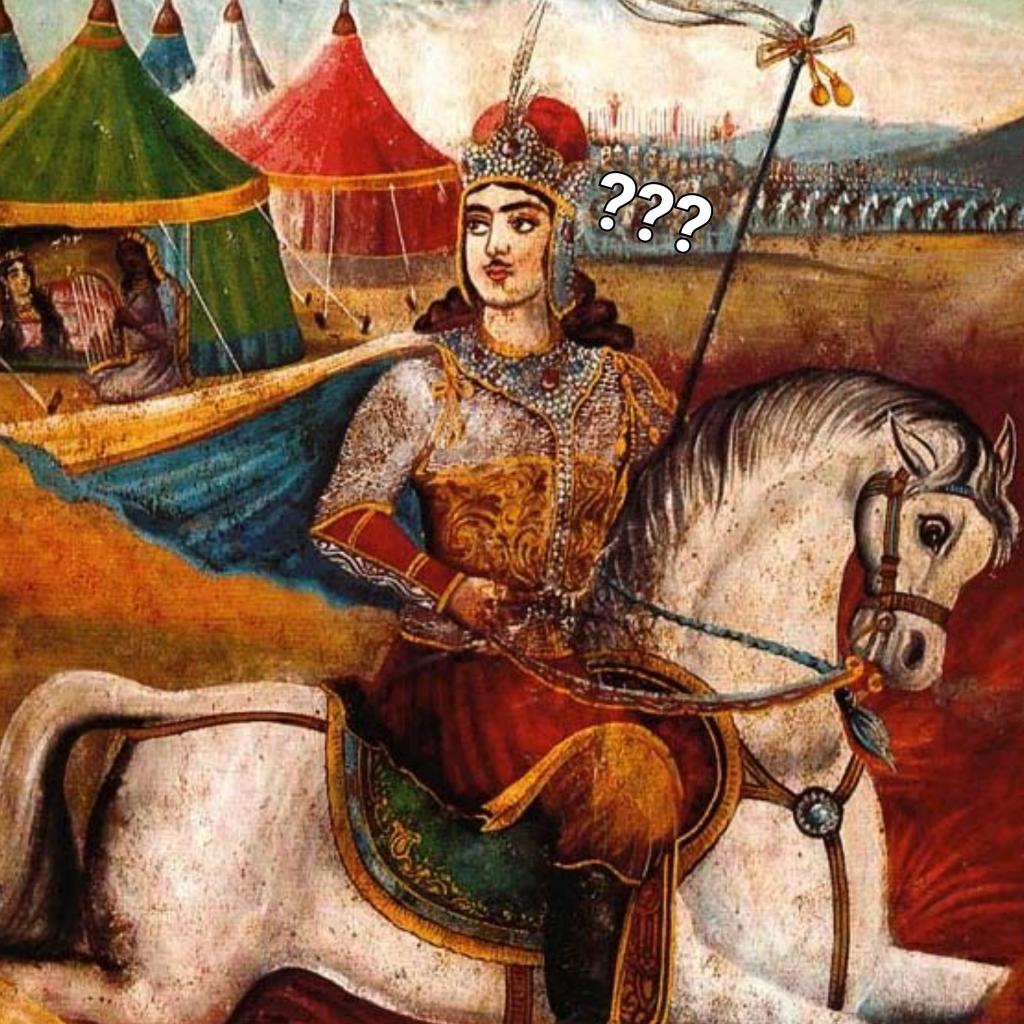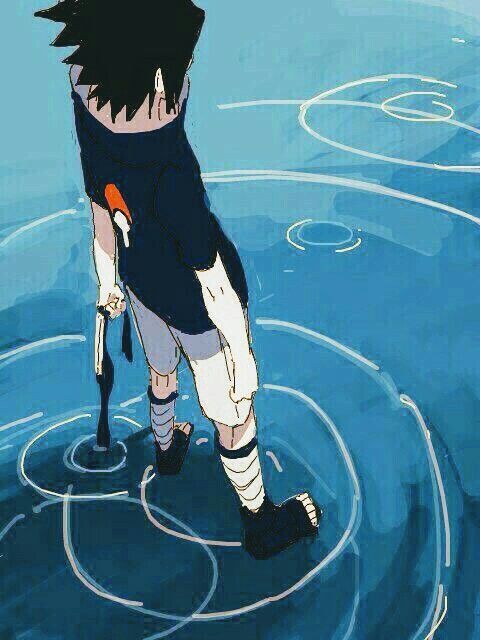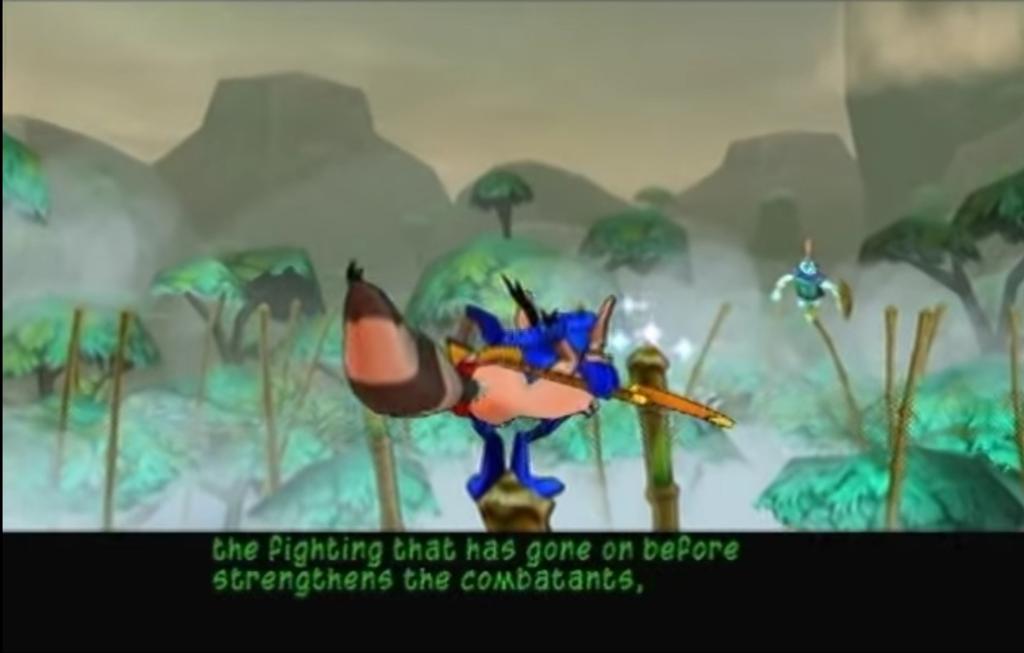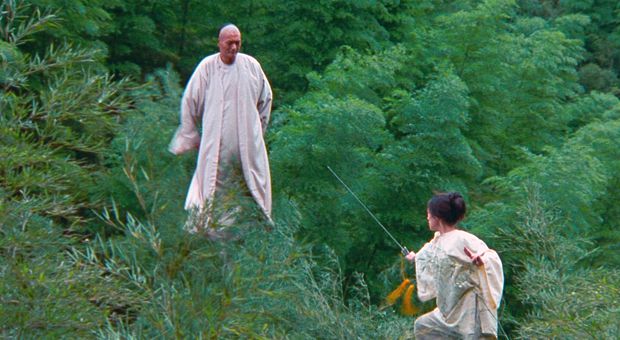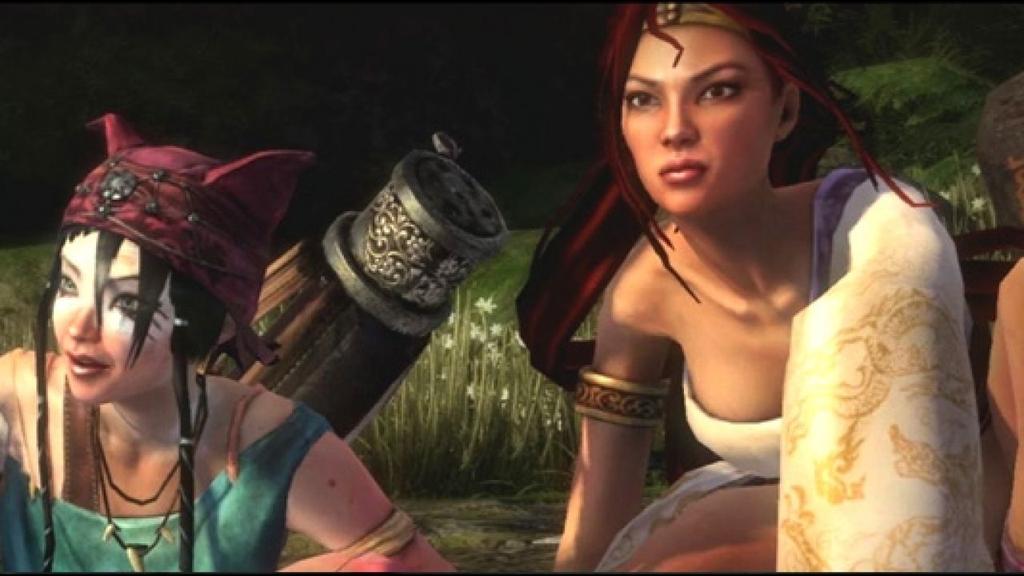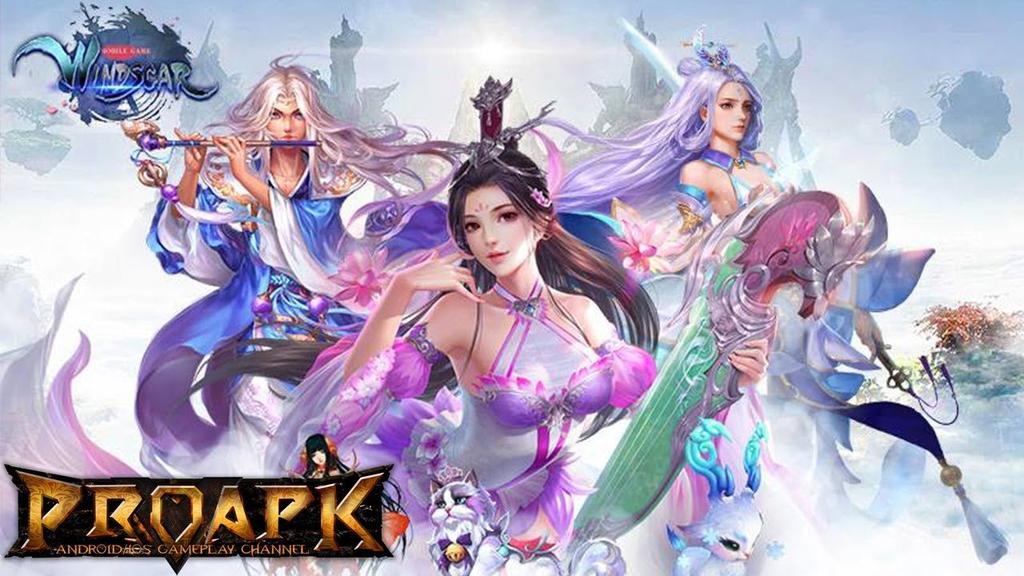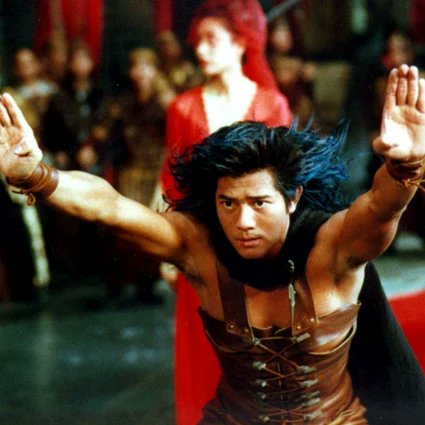No that's not what it is. Wuxia is a subgenre of historical fiction. Let me say this clearly, wuxia is absolutely not fantasy. Wuxia novels are not fantasy with martial arts. This is not an opinion https://twitter.com/WorldofChinese/status/1353583377971081222?s=19
Wuxia (meaning "martial hero") stories are not myths about dragons and magic. They're exaggerated tales of fighters in pre-modern China. Most wuxia are not even "action" but are in fact historical drama/romance or adventure stories
Wuxia does however include unrealistic elements that seem like magic. Characters can leap to unbelievable heights. Qi is used in ways that we know to be impossible. This has become even worse in film, comic and game adaptations
But traditional wuxia is relatively conservative even in the extraordinary abilities of its characters. A character who can leap to a rooftop won't simply be able to fly in older wuxia
These are actually exaggerated depictions of qinggong (lightness skills or ilmu ringan), feats of agility that require a great deal of training. Real qinggong does exist, though it's more like parkour
http://en.people.cn/n/2014/1027/c98649-8800350.html
http://en.people.cn/n/2014/1027/c98649-8800350.html
Stories of warriors exist around the world, but the wuxia genre is unique to China. I argue that the genre under other names does exist in other parts of Asia. The Indo-Malay genre of cerita silat is the equivalent of wuxia, with many of the same tropes and influences
And when I say cerita silat, I don't just mean a random filem Melayu with some silat in it, or the Puteri Gunung Ledang movie just because it has Hang Tuah. I'm talking about classics like Naga Sasra Sabuk Inten
This can't simply be transposed onto other cultures because not all have the same martial folklore. Qi is not sorcery, it is not aether, it is not voodoo. And a character that can injure from afar with a blast of qi or wind is not using a magic spell
Which is why it pisses me off when we get "wall-running" as a generic game mechanic. How did the Prince Of Persia learn the qinggong to run along walls. Did such a thing exist in Persian martial arts or folklore? I don't believe so
In modern times, it's gone beyond exaggeration and into the ridiculous, like Zhang Yimou's overrated Hero where characters can effortlessly block an entire army's arrows
This is what gets misinterpreted as "fantasy" by non-Asians. That and not actually knowing what's qi or qinggong https://www.cbr.com/mulan-chi-undercuts-films-message/
Asians themselves have only fed into this. Modern martial art stories often do include unorthodox elements from outside the genre, like time travel or the supernatural
In Naruto (not wuxia but I'm giving an example) the athletic ability to briefly run on water or along walls is explained as a supernatural skill that can be used to stand immobile on the water's surface, or stick to walls like Spider-Man
In Sly Cooper (an American game), qinggong is interpreted as "the energy of the battles from before allows the combatants to jump far"
The popularity of Asian martial art stories has lead to westerners adopting elements of the genre, or sometimes misappropriating the word wuxia itself. Many cowboy movies were ripped off samurai films
But the western mainstream has had relatively little exposure to wuxia proper. The most authentic thing they've got is Crouching Tiger Hidden Dragon
The developers of the game Heavenly Sword think their story is wuxia... But it is not. Not even close
And whoever wrote the Dungeons & Dragons sourcebook thinks you can turn the game into a wuxia setting with hobgoblins and ogres https://amp.reddit.com/r/DnDBehindTheScreen/comments/4llpdk/building_a_wuxia_world/
The confusion among English-speakers started in the early days of Wikipedia, when there was discussion over a section in the wuxia article titled "Fantasy". I know because I was among them.
Ahh yes Wikipedia, that useful resource that makes it easy to spread false information
Ahh yes Wikipedia, that useful resource that makes it easy to spread false information
Though the section was eventually taken down (last time I checked anyway so please don't make me look back), the article still defines wuxia as a fantasy genre. And so the mistaken western definition of wuxia as "martial-arts fantasy" has stuck
There are real terms for the actual Asian fantasy/martial art setting that westerners think is wuxia. These are xianxia (immortal hero) and xuanhuan (mysterious fantasy) https://immortalmountain.wordpress.com/glossary/wuxia-xianxia-xuanhuan-terms/
These evolved ultimately out of the older shenmo (meaning gods and demons) genre. Think of stories like Journey To The West. It might have martial arts in it, but it's not wuxia
Unlike wuxia, these genres are heavy on fantasy. The terms are lesser known, however, even among many Chinese. As a result, we get people referring to web-novels about "cultivators" as wuxia

 Read on Twitter
Read on Twitter